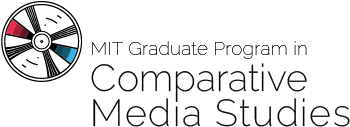This presentation develops a theoretical framework (rooted in Science and Technology Studies) for understanding how, generally, social media’s technical feature-sets create a system of capture and conversion. Capture describes the persistent ways in which social web platforms record and fix online/offline social and technical practices. Conversion applies to the way in which technical architectures convert what is captured into value (both culturally contingent and economic). The notions of capture and conversion are developed in light of other work in the field that seeks to understand how social web platforms use technology to leverage user generated content (UGC). The framework bridges a focus on ongoing social practice within/through platforms with analysis of technology as a determinant of probable practice. Ultimately this work is part of a larger project that seeks to develop a way of critically engaging the political economy of the social web while at the same time not ignoring the subject positions of those whose lives on display make it compelling.
Hector Postigo is Associate Professor in Media Studies and Production at Temple University’s School of Media and Communication. He is the co-founder of the blog culturedigitally.org and most recently the author of The Digital Rights Movement: The Role of Technology in Subverting Digital Copyright from MIT Press and co-editor of Managing Privacy Through Accountability from Palgrave Press. His research is funded by the National Science Foundation and the European Commission. He teaches and writes about video game culture, labor in digital networks, and privacy and copyright on the social web.



